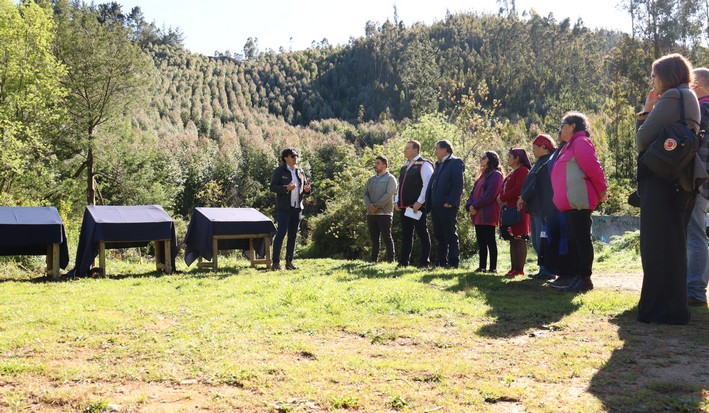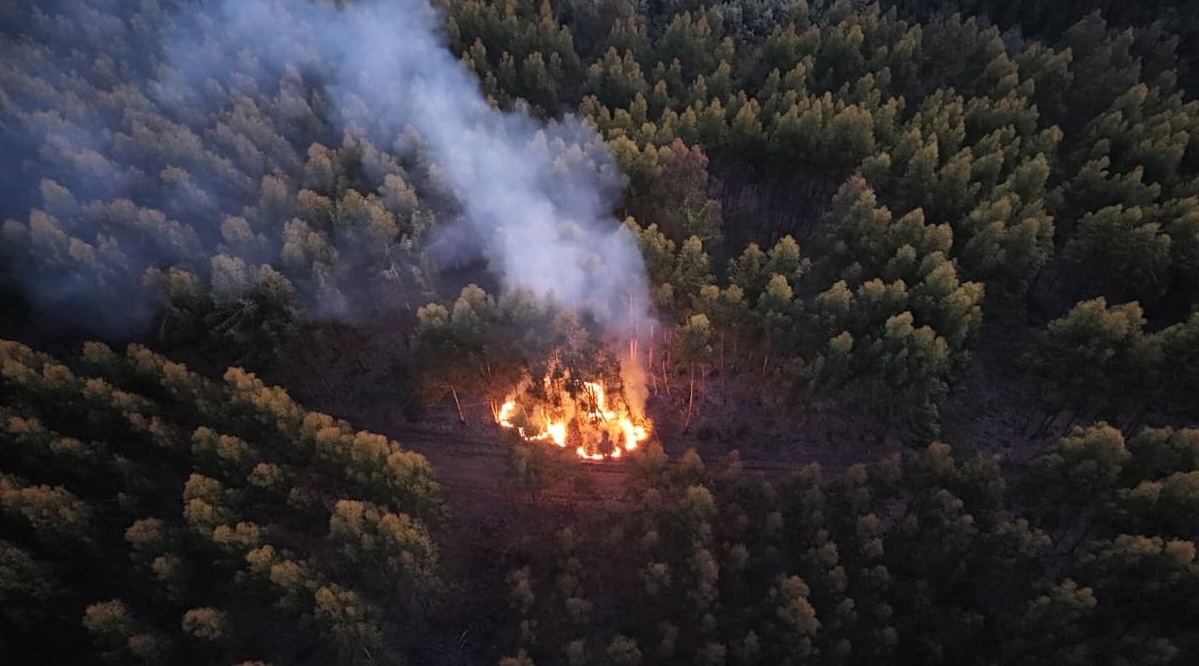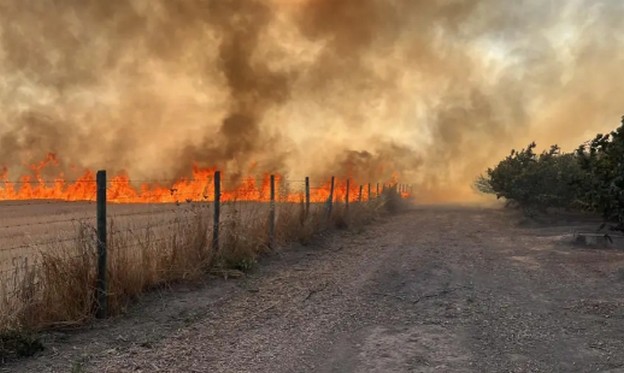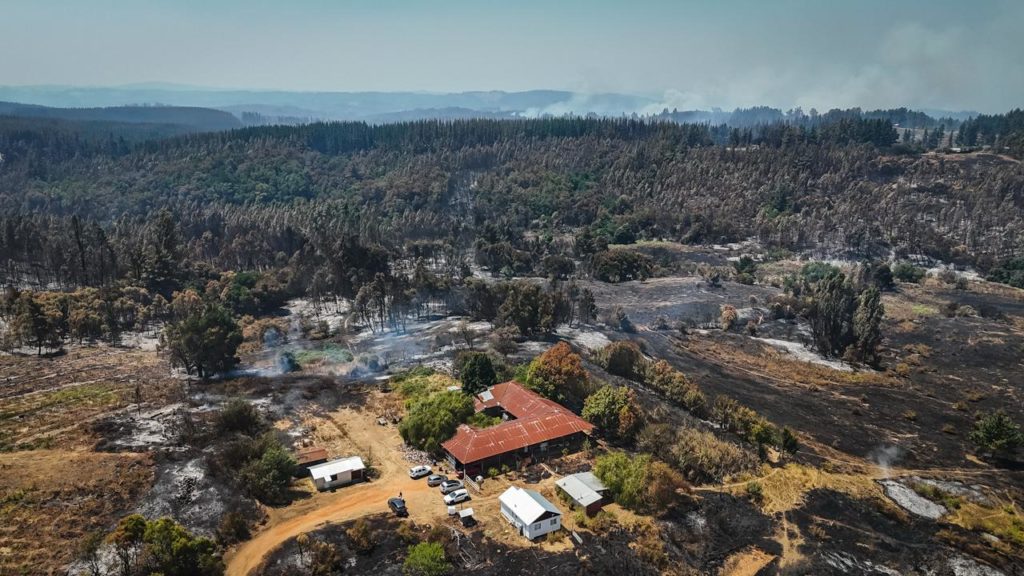The Municipality of Penco, together with the EULA-UDEC research center, concluded the project aimed at strengthening the resilience of territories against forest fires, which seeks to address disasters in urban-forest interface zones. This activity took place at the Fundo Coihueco, where 620 native species were planted to serve as natural barriers and enhance the largest green lung of the commune.
Among the project's initiatives is community education, which is why three informational panels were installed. These panels aim to provide information about the project itself, raise awareness about forest fires, and introduce the native species planted at various points in the Fundo Coihueco.
The initiative involved: The Municipality of Penco, The University of Concepción, the EULA center of the University of Concepción, the company Forestal Arauco, the group Parques para Penco, the indigenous group Koñintu Lafken Mapu Penco, and the Center for Sustainable Urban Development.
Green lung
The mayor of Penco, Rodrigo Vera, commented that this project has "allowed us to strengthen this green lung, which we have just three minutes from the main square of our commune. This work goes hand in hand with preventive measures against forest disasters, but above all, it takes one more step towards Penco having a green lung and, in the future, a great park for Penco." The mayor stated that "our commitment to the environment in Penco is like a rough diamond that keeps shining, because from our square we are three minutes away from over 5000 m² of coastal shoreline and three minutes from this beautiful green lung, creating a tourist hub that embraces the environment, but above all, a place where we can walk and also appreciate the civic culture that our neighbors and tourists are developing, because today this must be cared for, and it is part of biodiversity and a place that can be visited while respecting the environment."
Francisco de Barrera, a professor at the Faculty of Environmental Sciences of the University of Concepción and project coordinator, commented, "This marks the completion of a research project in which we sought alternative possibilities and solutions to strengthen resilience against forest fires, particularly after prioritizing the most relevant solutions. We developed an ecological restoration process along the Penco River to enhance its capacity as an ecological corridor and, at the same time, as a barrier against the spread of fires when they reach areas with hydrophilic native species. These species can retain more moisture, slowing the advance of the fire and reducing its spread."
Diverse indicators
The project had various stages that presented diverse indicators for reviewing ecosystem solutions. Community participation was prioritized to design and implement actions with technical evidence and territorial governance.
For the Lamién, María Flores Quilapán, president of the Koñintu Lafken Mapu Penco group, "we are very happy because we, as Mapuche women, are always here. We gather here, come together, and carry out activities, we pray, and this is an opportunity to also transmit our culture, the knowledge of the Mapuche people. But in the commune of Penco, we have received a lot of support from the municipality (...) so I am very happy to be here and to continue protecting this place."
The planting of 620 species, with the support of the Parques para Penco group and the municipality, aims to contribute to the conservation of biodiversity and the water bodies of the area by providing greater moisture and thus supporting their preservation.







Comments (0)
No comments yet. Be the first to comment!
Leave a comment